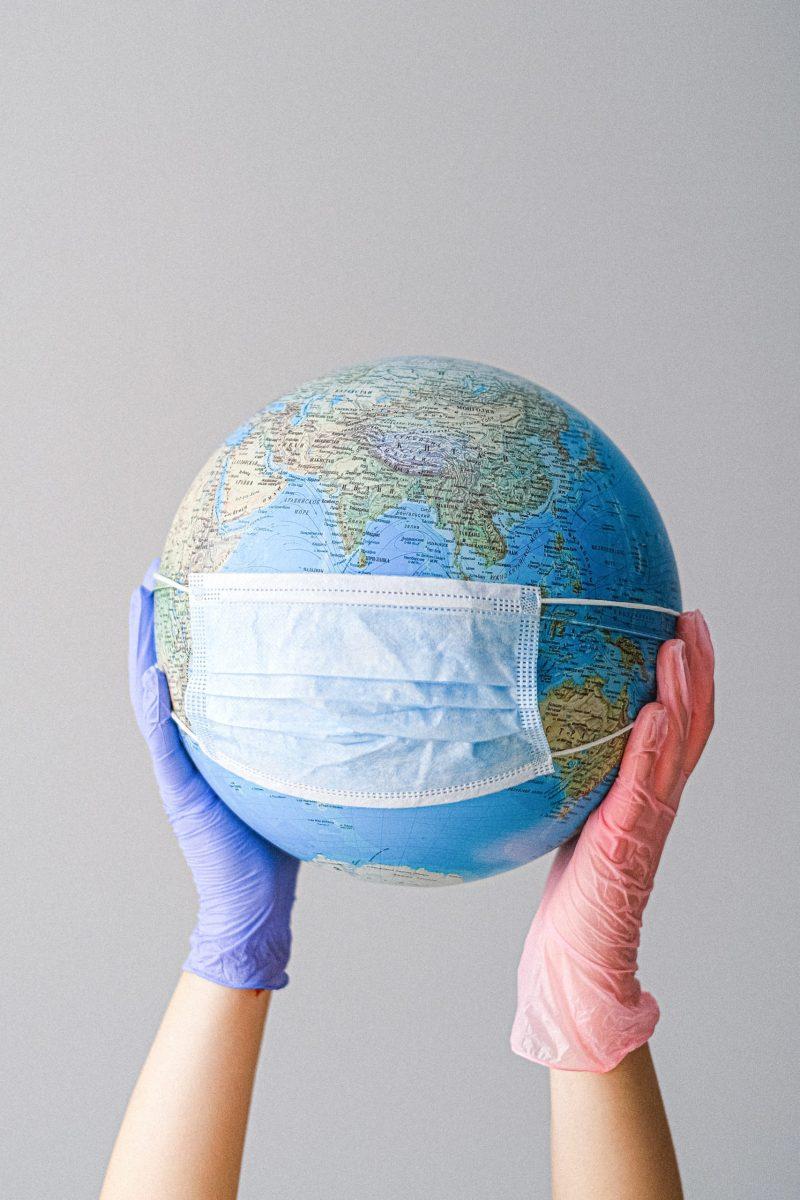Students and staff at NJIT have lived through more “once-in-a-lifetime” events in their lives than their predecessors. A pandemic continues to rage across the globe, spiking seemingly every other month. Crippling inflation, compounded by shortages caused during the pandemic, are causing well-documented economic issues domestically and abroad. Most recently, war rages in Ukraine as Russia continues to commit alleged acts of genocide against the Ukrainian people while the world waits for the attack to spill over their borders. As each historical event leads into the next, how have students and staff been affected and able to cope as time marches on?
“We’re meant to just keep going to school as if we’re not seeing a record number of deaths and trauma,” one student, who wished to remain anonymous, remarked. “And wearing a mask while you’re walking between classes can get you ridiculed.”
As the coronavirus pandemic seems to slow, despite a looming resurgence brought on by variant BA.2, the effects of a multi-year battle against a virus are starting to appear. The National Institute of Health reported that over 140,000 children under the age of 18 in the United States lost their primary or secondary caregiver due to Covid-19. As these children struggle to find their new normal, the World Health Organization reports that this new normal includes a 25% increase in anxiety and depression worldwide.
The coronavirus isn’t the only worry that tops students’ minds. For students with relatives in Russia and Ukraine, their day-to-day lives have changed overnight. For sophomore Mira Sapozhnikov, the life their family built in America seems to be uprooted. “My family and I spent fourteen years trying to prove we can be American and now we have to prove it all over again.”
“I go to religious functions like Seder dinner,” Sapozhnikov continued. “When I speak in my mother language, strangers will butt in to ask where I’m from and get opinions on issues as if they’re our issues.”
Unlike previous cases in history, students and staff can’t avoid the atrocities occurring in Ukraine. Despite Russia’s stance that this is not genocide, all signs seem to point otherwise. “Genocide is about the idea of intent,” said Dr. Deborah Morrison-Santana, an NJIT professor who gained their Master of Art in Holocaust & Genocide Studies. “They’re saying they want to denazify but then they’re equating denazification with de-Ukrainization, getting rid of Ukrainian culture which is very genocidal. They’re deporting people to Russia and there are reports of children being taken away from their parents.”
“This is similar to the Iraq War in terms of exposure,” stated Dr. Deborah Morrison-Santana. “It depends on who you follow and interact with on social media, but it’s there.”
With the American media cycle, Dr. Morrison-Santana is worried that this will be forgotten about. Students in her class start each lecture talking about what is happening in the news. In the beginning of the invasion, it was brought up frequently; however, students have stopped bringing it up as the war progresses, despite atrocities like the Bucha massacre coming to light. The NJIT administration has done little to bring attention or provide relief to the Ukrainian population. The administration’s response seems to have stopped at an email in February condemning the invasion and another email, one month later, directing students and staff to outside agencies where they can show their support through donations.
As previously reported, NJIT’s Center for Counseling and Psychological Services (C-CAPS) has seen a stark 45% increase in students asking for services and counseling sessions when compared to the previous year. Students also suffering from food insecurity, brought on by a 41-year high inflation rate, can access the NJIT Food Pantry on the fourth floor of the Campus Center.































